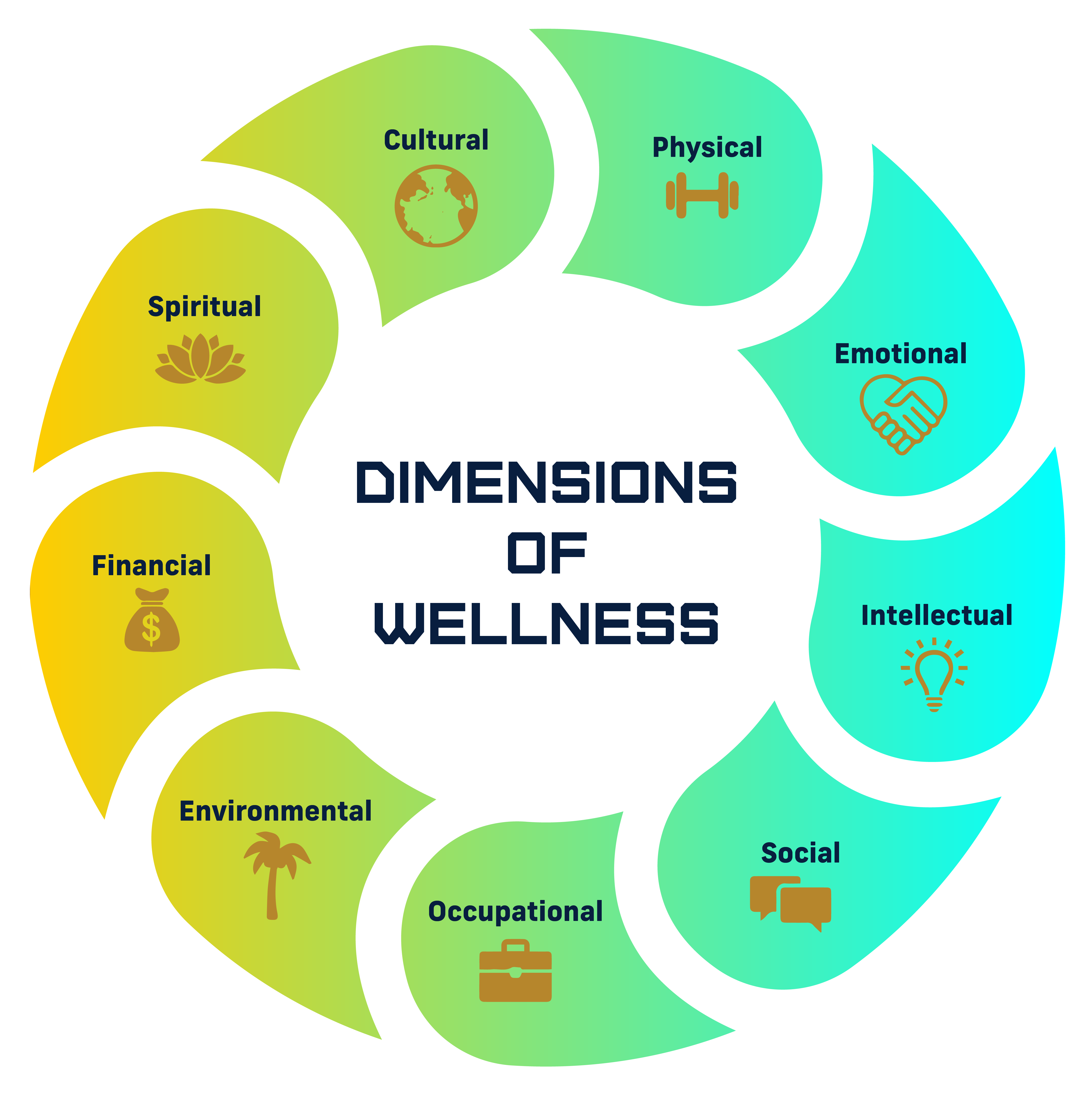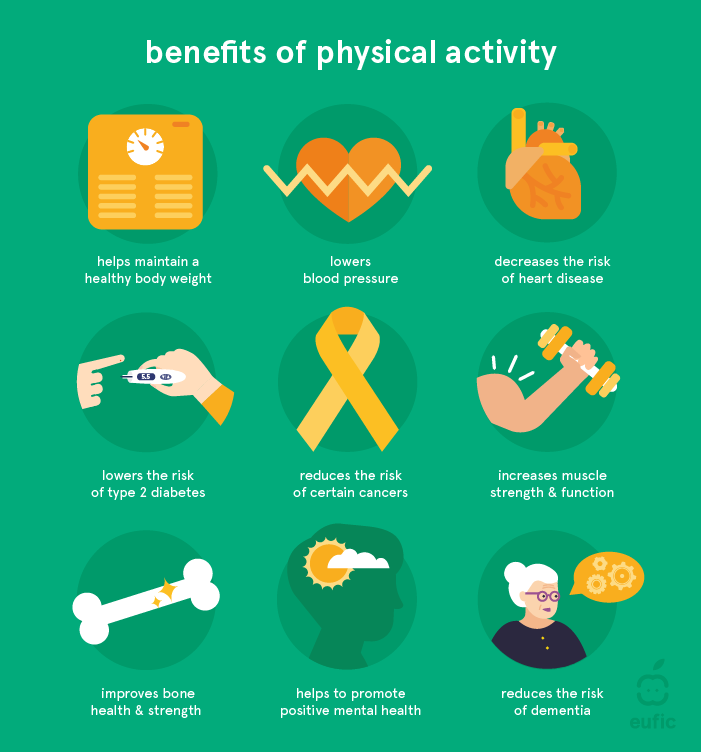1. Understanding the Foundations of Health and Wellness:
Maintaining a healthy lifestyle involves taking a holistic approach that integrates nutrition, exercise, and proper sleep. These foundational elements are interconnected, and understanding them allows individuals to make informed choices. A firm grasp of these core components enables individuals to adopt habits that result in increased energy, improved mental clarity, and better overall well-being. Holistic health considers the mental, emotional, and physical dimensions, allowing individuals to adopt a balanced way of living.
Embracing lifestyle adjustments rooted in mindfulness, proper diet, and daily movement creates a platform for consistency. Understanding the balance between what we eat, how we rest, and how we exercise ensures that our bodies operate at their peak performance. With knowledge and discipline, we can choose habits that reduce the risk of chronic illnesses while optimizing longevity and vitality.

2. Physical Activity and Exercise Fundamentals:
Physical activity serves as the cornerstone of a healthier lifestyle. Incorporating regular movement into your day has numerous benefits, including increased energy levels, improved cardiovascular health, stronger muscles, and enhanced mood. Exercise does not have to be strenuous; it can include low-impact activities like walking, swimming, yoga, or light stretching. Consistency is far more important than intensity.
Additionally, strength training and flexibility exercises contribute to sustaining physical independence and mobility as individuals age. When you engage in physical activity regularly, you strengthen your heart and muscles, manage your weight, and reduce stress levels. To maximize results, find a form of exercise that fits your lifestyle. Whether it’s group fitness classes, solo training, or recreational sports, the best workout is the one you will stick with consistently.
Physical activity does more than shape your body; it also improves mental health by releasing endorphins, which are your body’s natural mood enhancers. Creating a routine that incorporates movement can provide clarity and a break from the stresses of everyday life.

3. Nutrition and Dietary Essentials
Good health starts with what we put on our plates. A balanced, nutrient-rich diet can help reduce the risk of chronic diseases while providing sustained energy throughout the day. Eating whole foods such as fruits, vegetables, lean proteins, whole grains, and healthy fats supports overall health. These foods provide essential vitamins and minerals that the body needs to function at its best.
It’s important to reduce processed foods, limit sugar intake, and focus on portion control. Opt for smaller, well-balanced meals that support your body’s needs, rather than excessive or fad diets that lack sustainability. Incorporate healthy fats like those from nuts, seeds, and fish, which contribute to heart and brain health.
Moreover, meal planning is an effective way to ensure that you stick to healthy eating habits. Preplanning allows individuals to avoid unhealthy choices and streamline grocery shopping. Nutrition plays a pivotal role in not only sustaining your physical health but also influencing mood, mental health, and emotional balance.

4. Quality Sleep and Rest
Quality sleep is an often-overlooked pillar of good health. Sleep allows your body to recover, rebuild, and recharge, enhancing both mental and physical recovery. A lack of sleep can lead to a weakened immune system, difficulty focusing, irritability, and reduced cognitive function. Most adults need between 7 and 9 hours of uninterrupted sleep per night to maintain optimal health.
To improve sleep quality, consider creating a consistent sleep schedule, establishing a relaxing pre-bedtime routine, and ensuring your sleep environment is comfortable. Reducing screen time before bed and incorporating relaxation techniques like meditation or gentle stretches can significantly improve sleep quality. A conducive sleep space includes a cool temperature, minimal noise, and reduced light levels.
Sleep hygiene is not just about how many hours you spend in bed but about the quality of those hours. Good sleep leads to improved mental health, emotional stability, and physical recovery. Prioritizing rest allows your body to heal and prepares you for daily life’s demands.

5. Mental and Emotional Well-being Strategies
The mind is an integral part of holistic health. Managing mental and emotional well-being involves strategies like stress management, mindfulness, and developing emotional intelligence. Stress can harm both mental and physical health if left unchecked, making it essential to incorporate stress-relief techniques into daily life.
Simple daily practices like meditation, journaling, breathing exercises, or taking walks in nature can help lower stress levels. Mindfulness is a practice that can help you stay present, reduce anxiety, and improve focus. Likewise, emotional intelligence—consisting of self-awareness, emotional regulation, and empathy—is vital for building and maintaining healthy relationships.
Building emotional intelligence can be achieved by listening actively, seeking feedback, and managing responses during times of conflict. These practices not only reduce stress but also build emotional resilience, allowing individuals to adapt to life’s challenges. Prioritizing mental health allows for a more balanced, happier lifestyle and empowers individuals to handle daily obstacles with grace.
6. Building Sustainable Health Habits:
Lasting change requires creating routines and habits that are easy to maintain over time. Building sustainable health habits can improve not only physical fitness, but mental well-being as well. Morning routines, consistent goal-setting, and tracking progress are practical strategies for creating habits that stick. Start by creating intentional morning routines such as incorporating light exercise, meditative practices, or a healthy breakfast to establish positivity for the day. Setting small, achievable goals provides motivation and allows you to monitor your progress. Using tools such as fitness apps or journals can provide valuable insights into your habits, enabling you to adjust your routine as necessary. Remember, creating habits isn’t about perfection, but progress. It’s okay to adjust routines and be flexible with goals, provided you’re working toward improvement. These incremental changes lead to improved health outcomes, long-lasting change, and better quality of life


You must be logged in to post a comment.